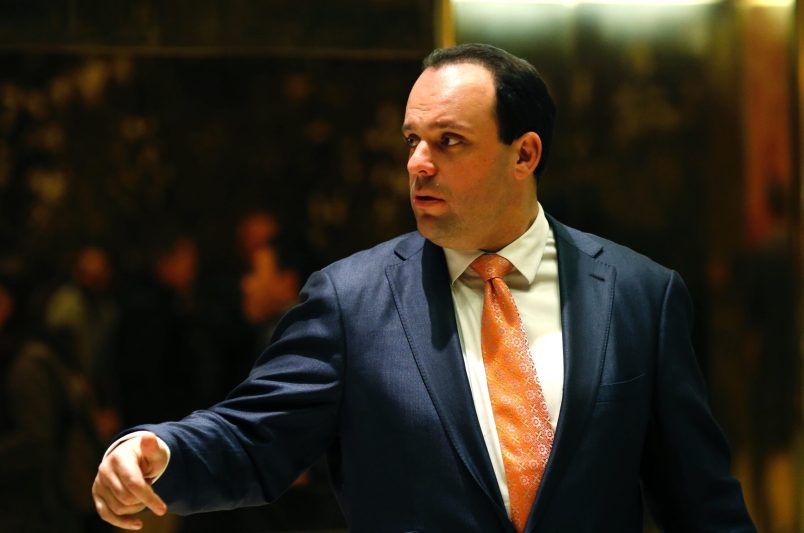I’m checking with some economist friends of mine. But this new push to get rid of ‘Mark to Market’ strikes me as trying to solve or ameliorate the financial crisis by giving executives more leeway to lie (or perhaps fantasize) about the value of the assets they hold. Sort of like there’s nothing about the collapse of the housing bubble that couldn’t be solved by bringing in the folks from Arthur Andersen and Enron to give another look at the books.
Curious to hear people’s views of this.
Late Update: Auditors and accountants seem to think it’s a really bad idea, while bankers and the bankers lobby think we need to do away with this rule immediately — which tells me close, I think, to all I need to know. Unfortunately, the SEC relaxed the rules today.
Even Later Update: Reading more of your emails and talking to some economist friends, I’m inclined to think this is not so black and white as I initially supposed. Certainly this accounting measure didn’t ’cause’ what’s happening. But there appears to be at least some argument that it can be an accelerant — something that could make a bubble spin even more out of control than necessary. The rub seems to come down to whether you think the spooked markets are dramatically undervaluing these assets — saying they’re worthless because no one wants to buy them even while many continue to have substantial ‘intrinsic’ value. In any case, the read I’m getting is that it’s probably a rotten idea that would only give a patina of accounting respectability to going back into willful denial about the fact that a lot of our biggest financial institutions are sitting on a lot of complete crap. But there’s at least some sense, even from people not at all inclined to believing in deregulatory mumbojumbo that the argument isn’t completely devoid of merit. In any case, I’m going to leave this one to the economists.
Special Very Late Youtube Update: TPM Reader EP sends in this video from April of this year in which Princeton economist Alan Blinder gives his take on the issue. Scroll to time mark 40:45 …







